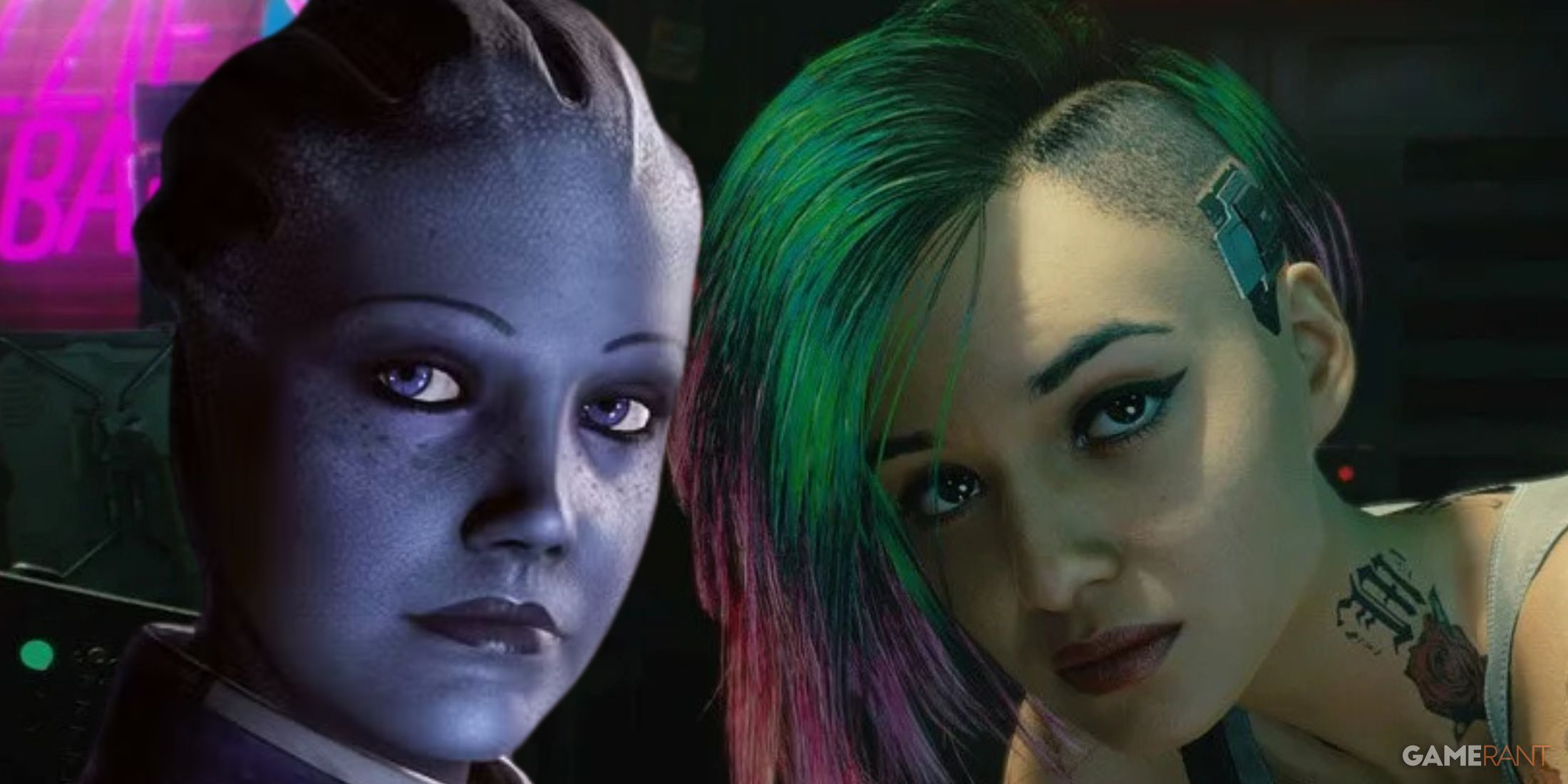What Cyberpunk 2077’s Sequel Can Learn from Mass Effect’s Companion System
Popular Now
 PUBG Mobile
PUBG Mobile
 Free Fire
Free Fire
 Garena Free Fire: Kalahari
Garena Free Fire: Kalahari
 Geometry Dash
Geometry Dash
 FIFA 23
FIFA 23
 CarX Street
CarX Street
 Brawl Stars
Brawl Stars
 League of Legends
League of Legends
 Warframe
Warframe
 Stumble Guys
Stumble Guys
CD Projekt Red Could Improve Cyberpunk’s Sequel by Taking Inspiration from Mass Effect’s Deeper Character Bonds
With the sequel to Cyberpunk 2077 — currently codenamed Project Orion — in early development, fans and analysts are already speculating about how CD Projekt Red could expand on the original game’s strengths while addressing its shortcomings. One feature that many agree could elevate the sequel is a more meaningful companion system, similar to what BioWare’s Mass Effect series is known for.
🎮 What Cyberpunk 2077 Got Right and What Was Missing
While Cyberpunk 2077 introduced memorable characters like Panam, Judy, and Johnny Silverhand, the player’s interactions with them were mostly linear and didn’t allow for much dynamic development beyond romance paths or main missions.
In contrast, Mass Effect offered players robust companion arcs, party member loyalty missions, team-based combat synergy, and real consequences for how you treated your allies — all of which created a stronger emotional connection.
🤖 How Mass Effect’s Companion System Stands Out
Mass Effect’s companions were not just side characters — they were core gameplay elements, deeply tied to the narrative and even the outcome of the story. Players could:
-
Build or destroy trust with dialogue choices
-
Influence who lived or died
-
Customize loadouts and skills for battle
-
Unlock personal missions that shaped character backstories
These mechanics offered both narrative depth and gameplay utility, something Cyberpunk’s current system only scratches the surface of.
🛠️ How Project Orion Can Evolve
As CD Projekt Red gears up for its next major RPG, integrating a deeper, choice-driven companion system could make the sequel a standout. Possible improvements include:
-
Reactive dialogue that changes based on past player actions
-
Branching loyalty quests that affect the game’s ending
-
Combat synergy mechanics, where companions offer tactical advantages
-
Romance and friendship systems with evolving outcomes









